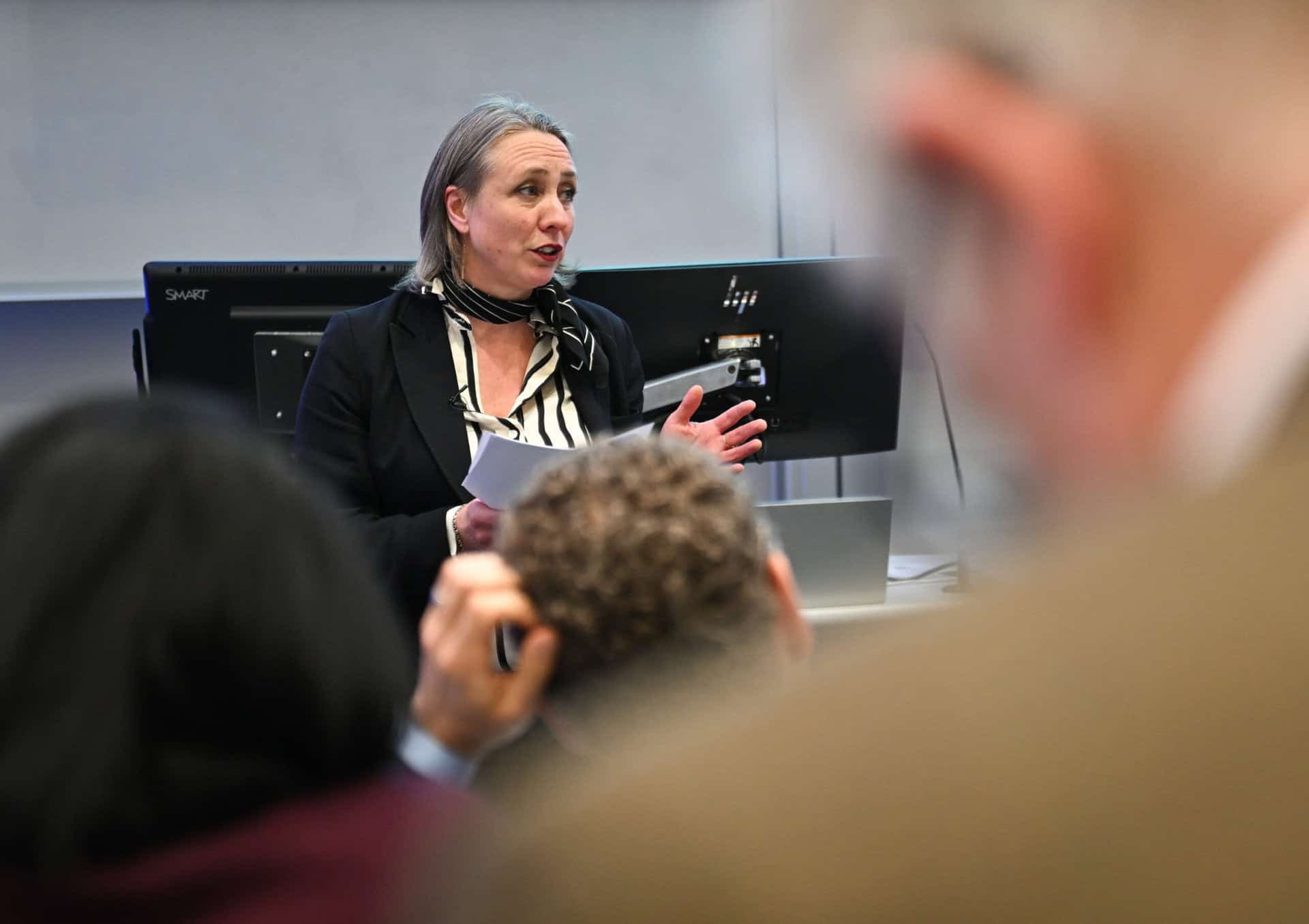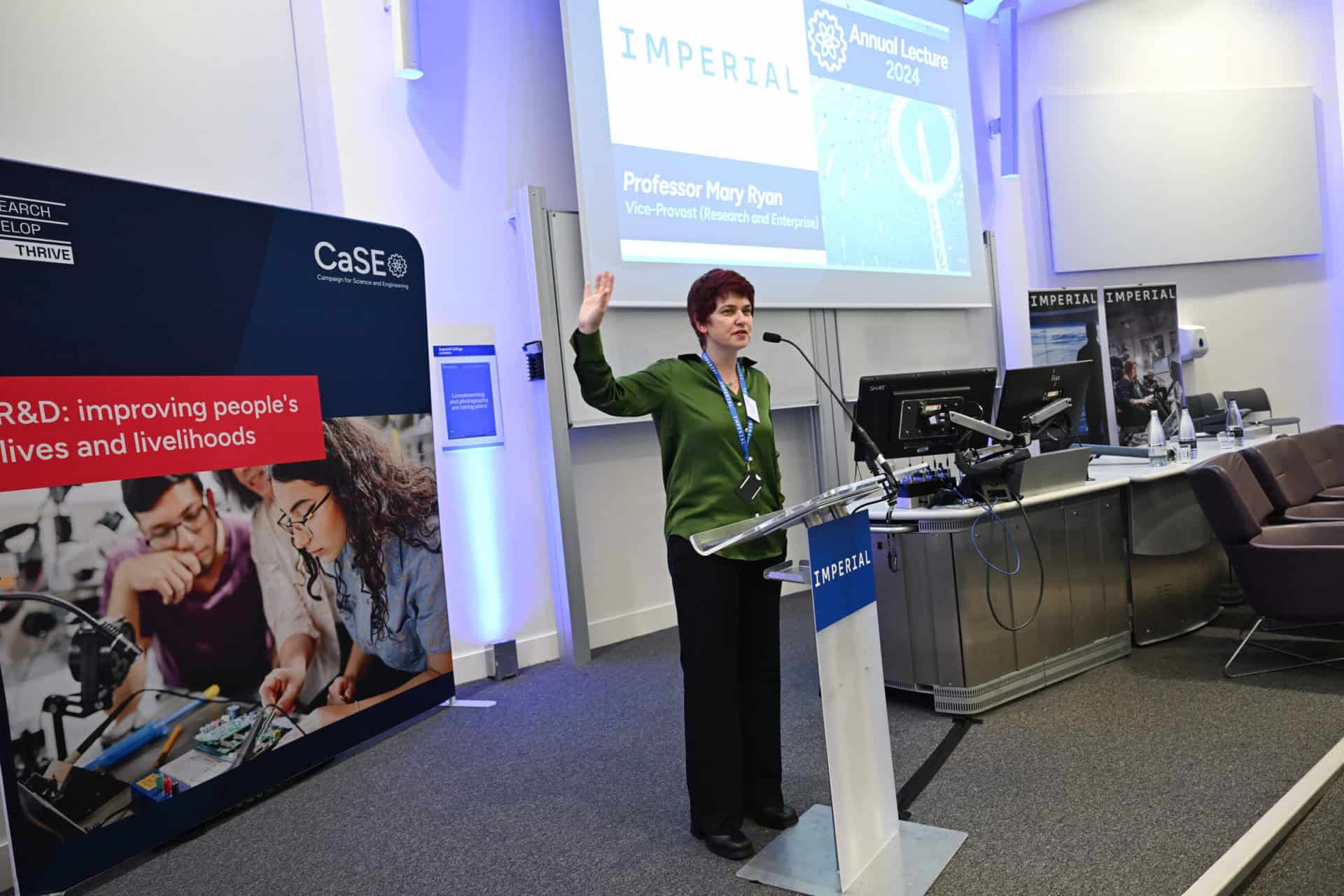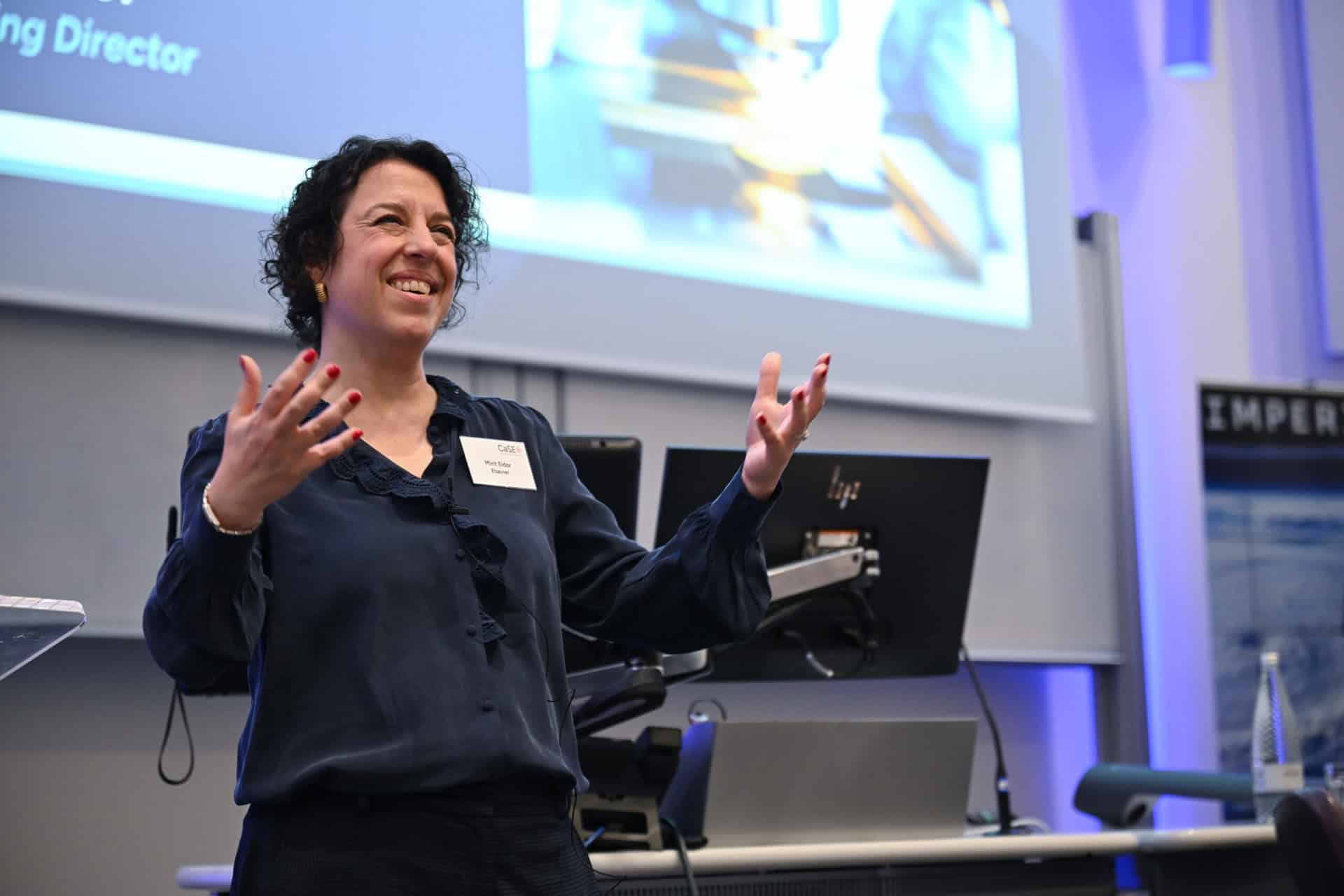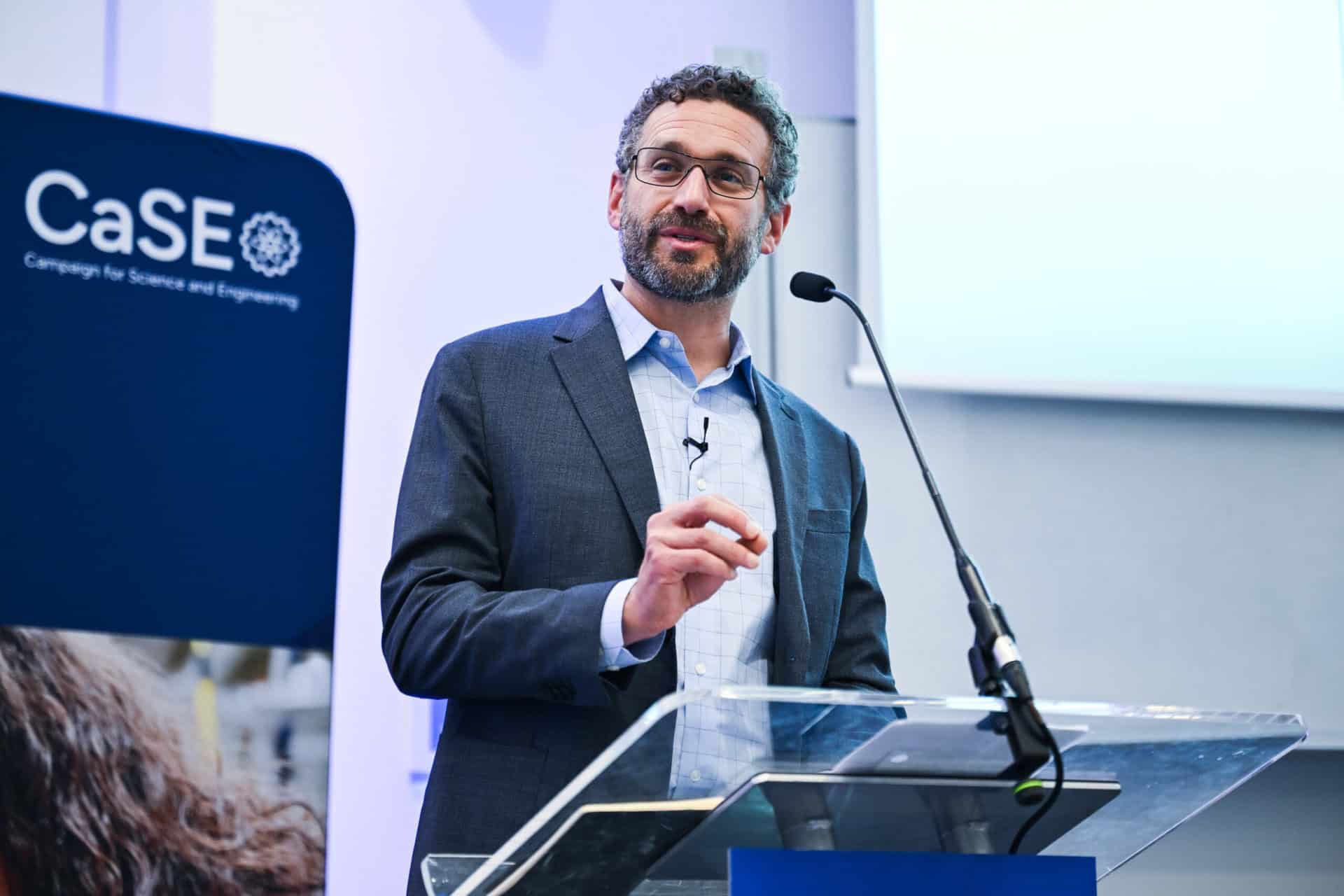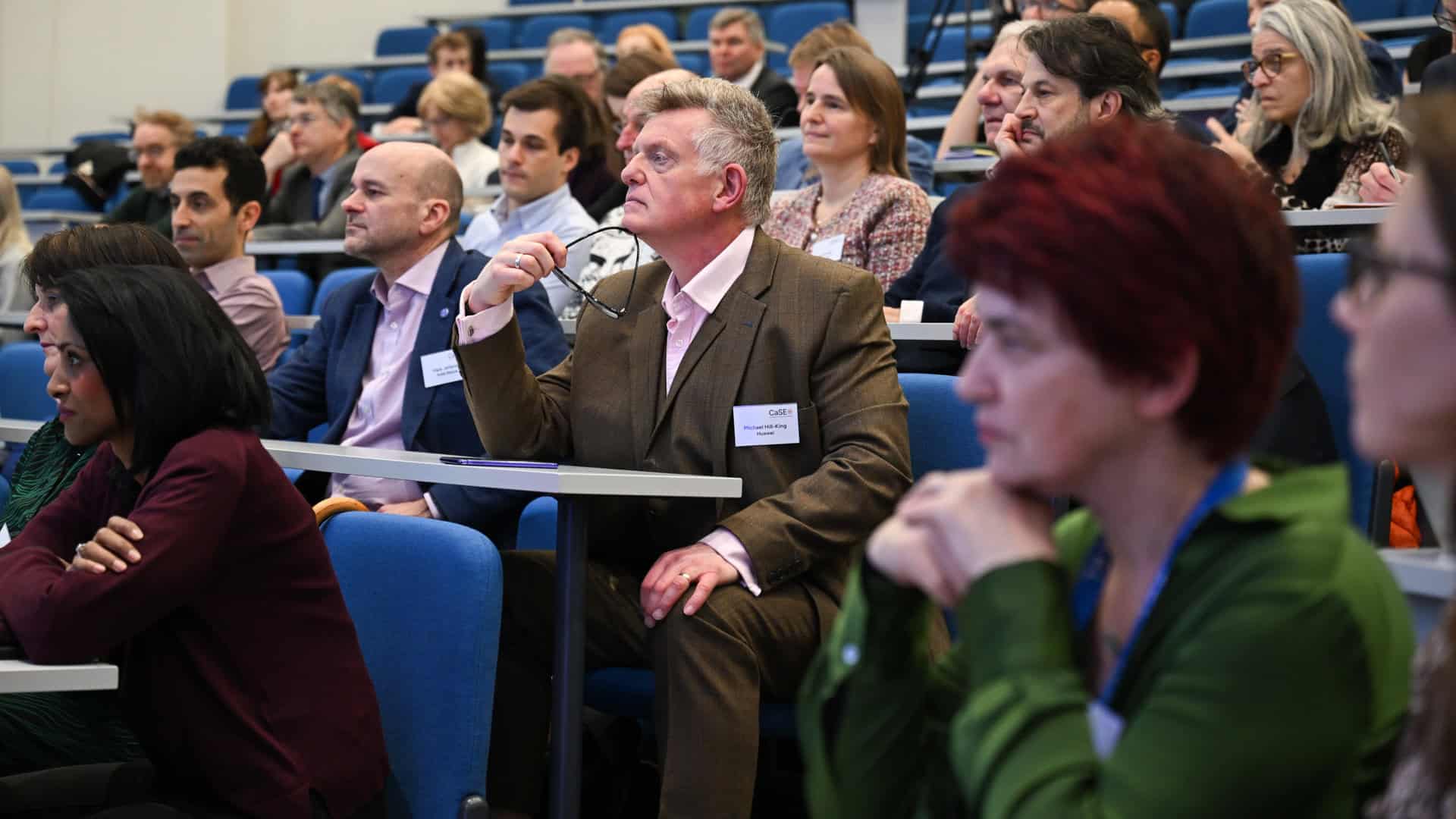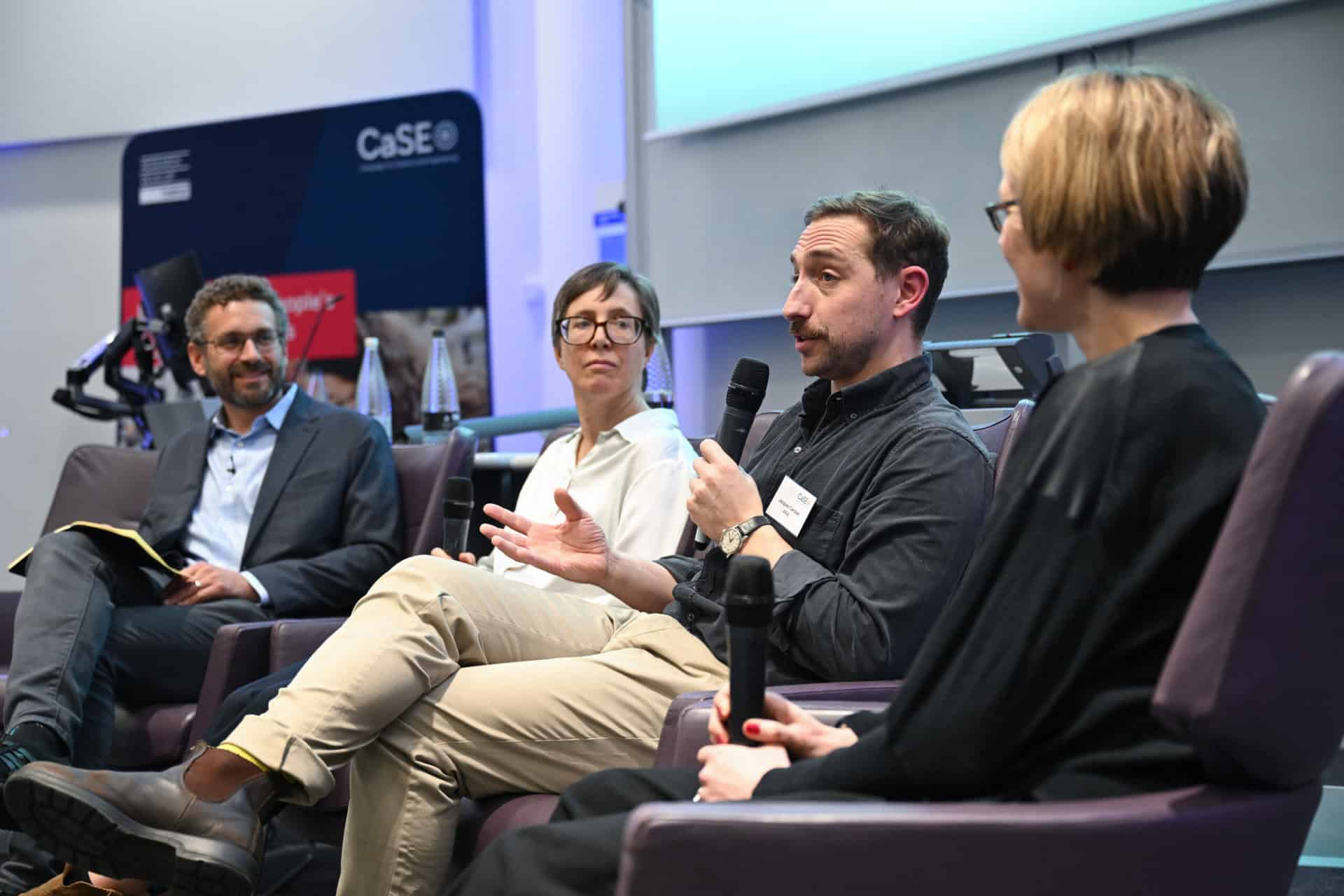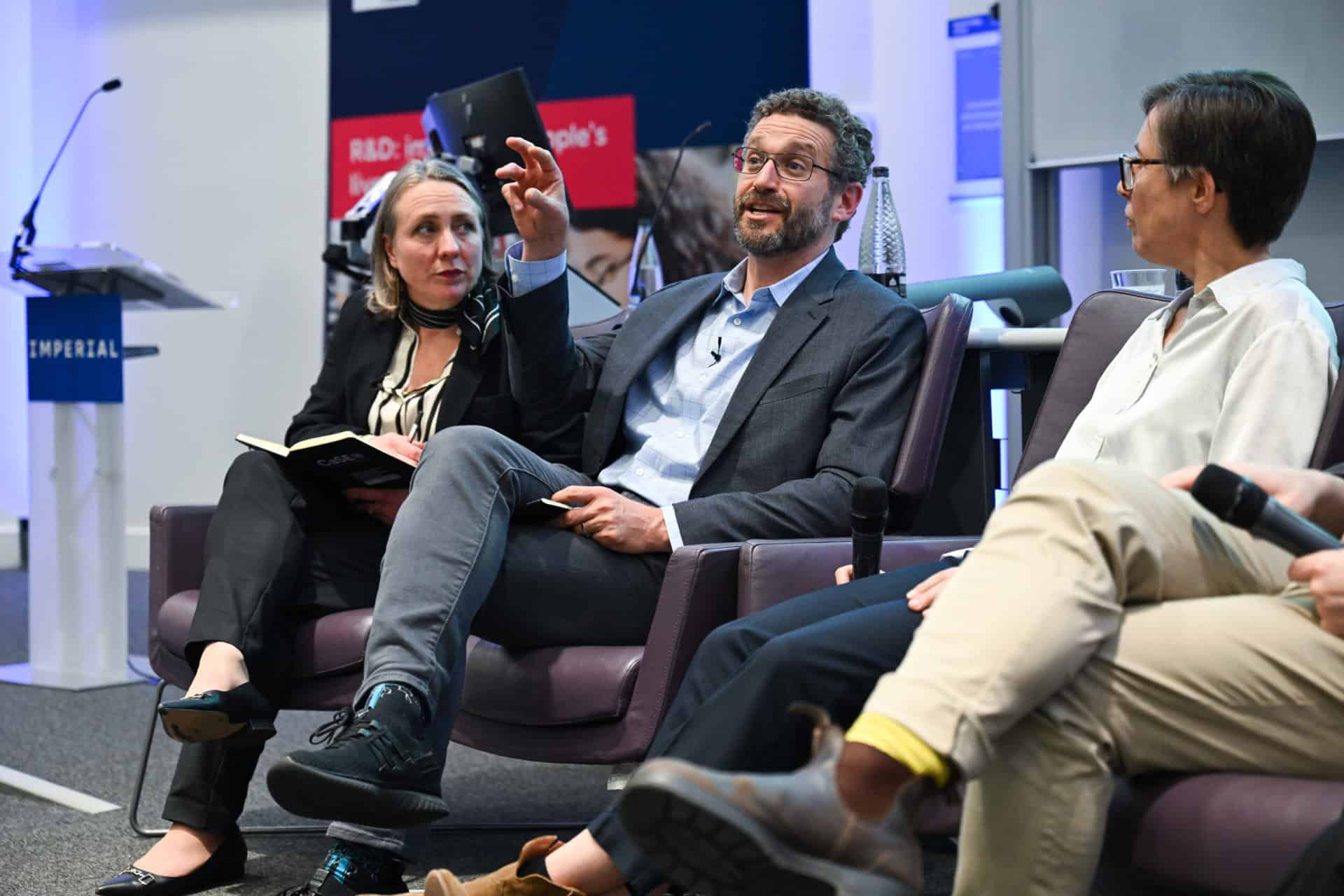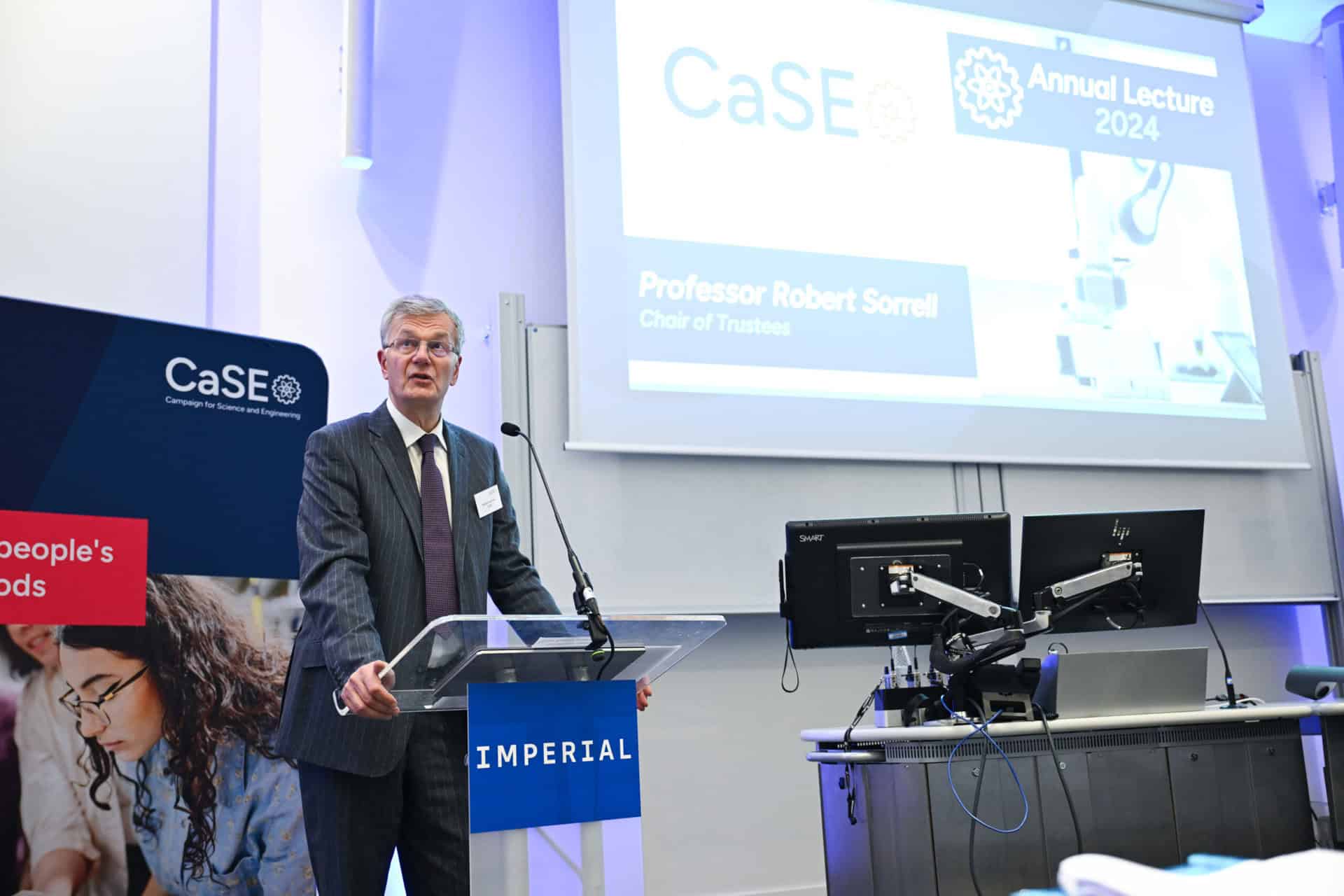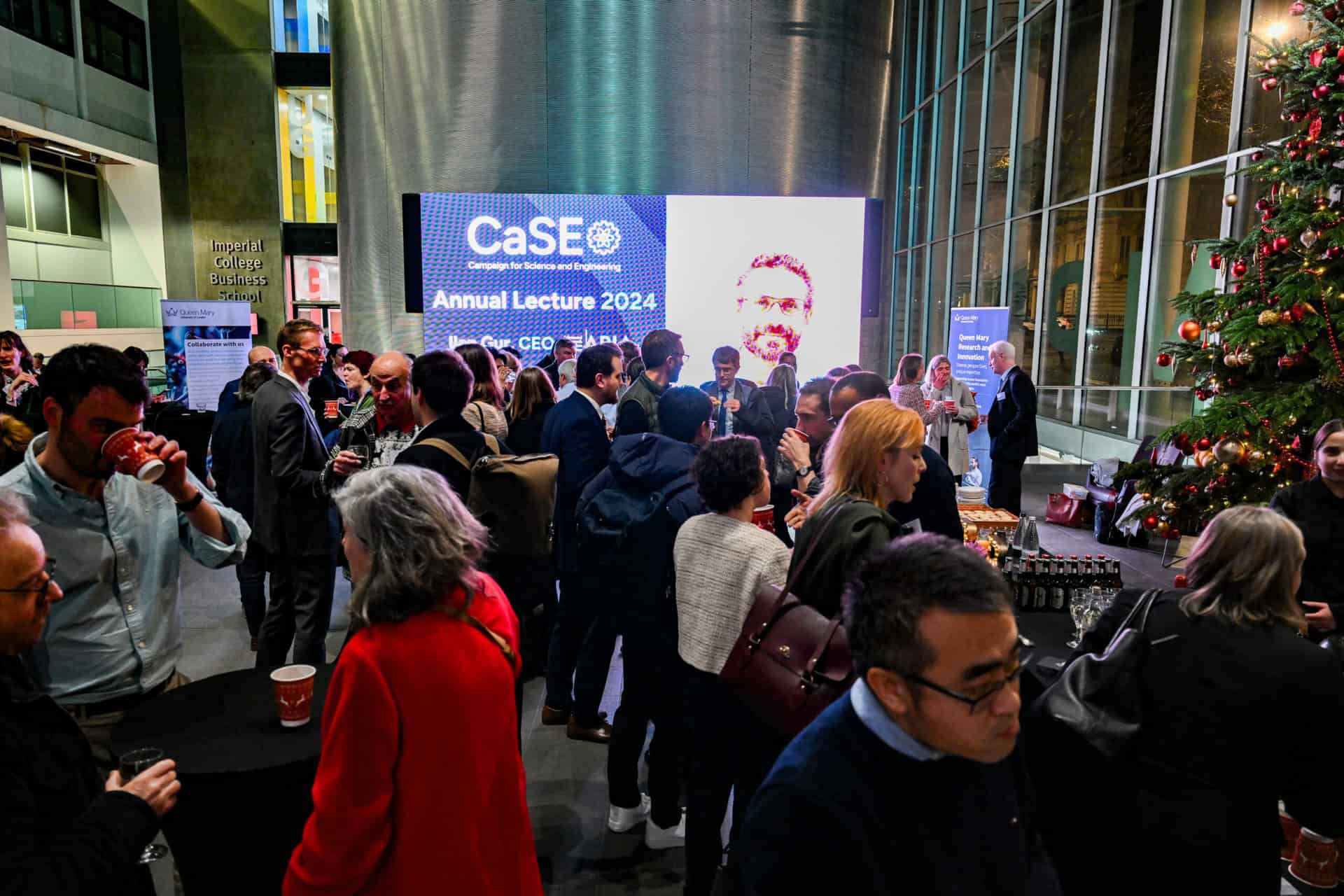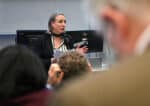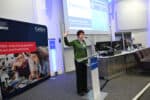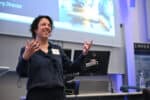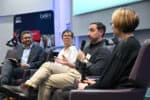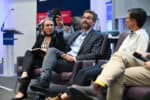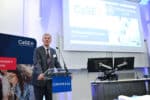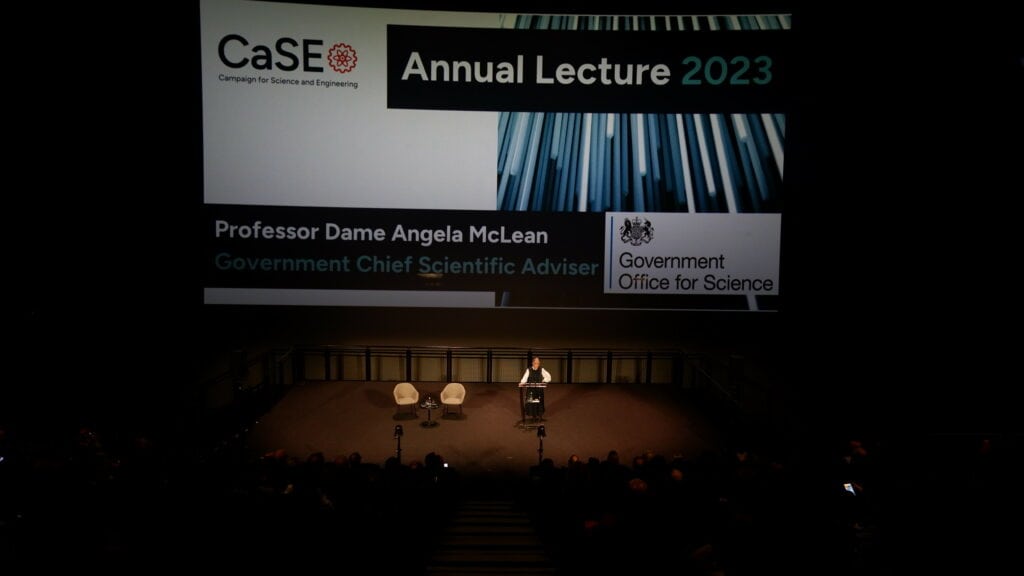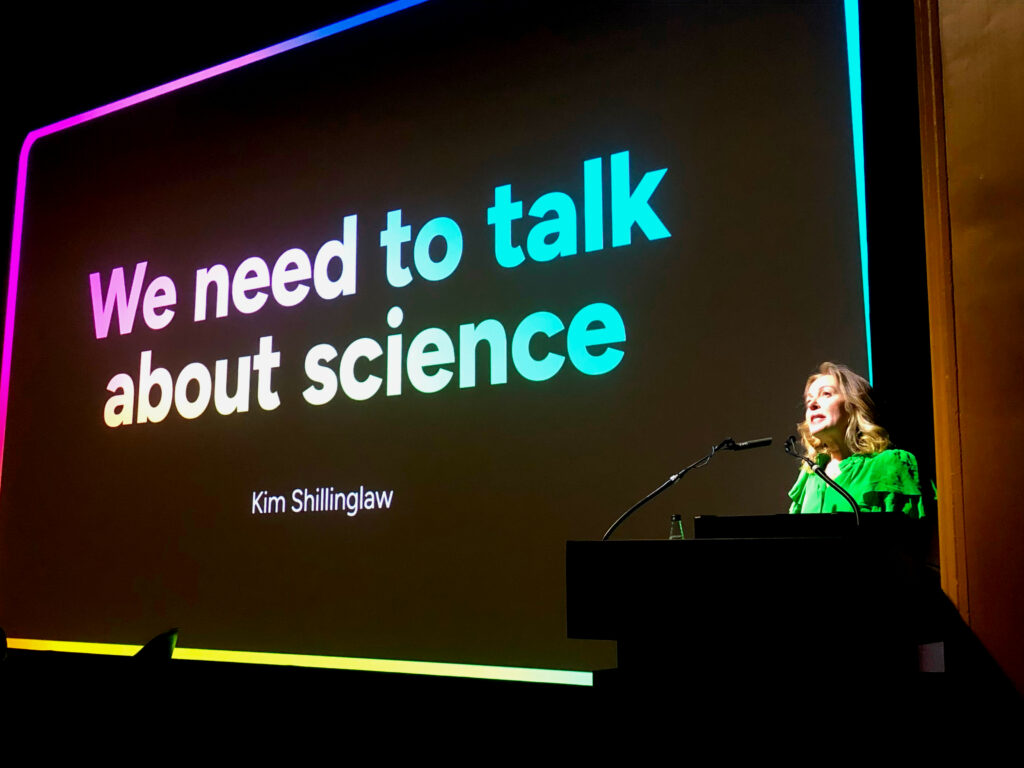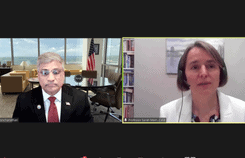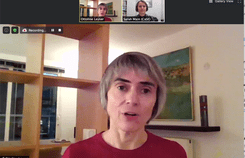Ilan shared how ARIA’s focus on empowering exceptional scientists is shaping its approach to breakthrough research. He was joined onstage by ARIA Programme Directors, Jacques Carolan, Jenny Read & Sarah Bohndiek, who discussed this vision in action, and how this ‘people-first’ philosophy guides them in designing and directing pioneering research programmes across the UK and beyond.
CaSE's 2024 Annual Lecture was given by Ilan Gur, CEO of the Advanced Research and Invention Agency (ARIA) on December 12th.
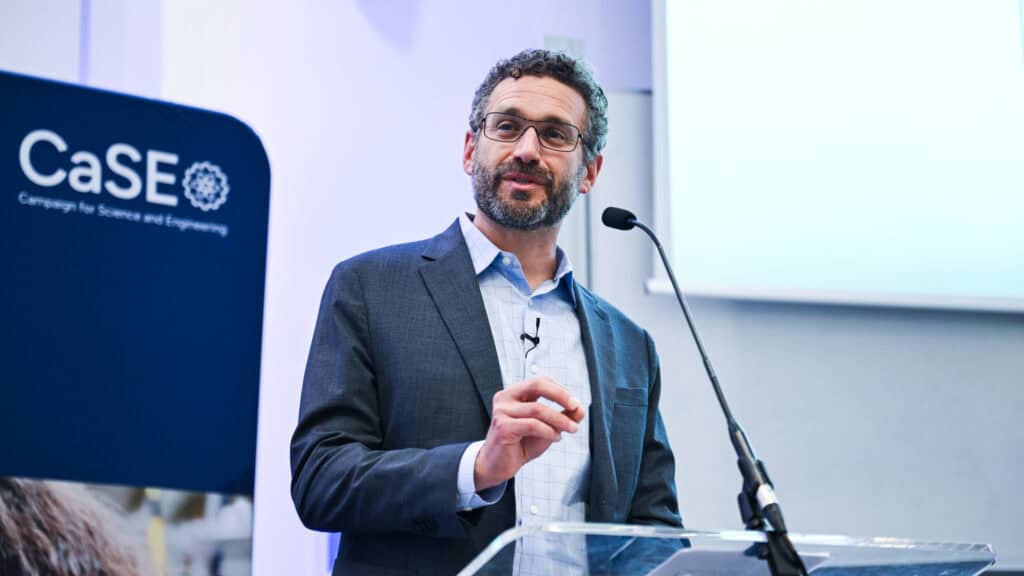
This years lecture was kindly sponsored by Elsevier and Queen Mary University of London, we are extremely grateful to them for their support, and to Imperial for hosting the event.


Watch the lecture:
Lecture Summary
CaSE’s 2024 Annual Lecture heard from Ilan Gur, Chief Executive Officer of the Advanced Research and Invention Agency (ARIA), along with three of the agency’s programme directors.
This year’s annual lecture, which was hosted at Imperial College London and sponsored by Elsevier and Queen Mary University London, offered attendees an opportunity to learn more about the work of ARIA.
The agency was established in 2023 with the goal of empowering scientists to pursue breakthrough research, with a broad remit and a broad mandate to fund R&D differently.
The lecture began with Gur giving an introduction to the agency. He explained that at its core, ARIA wants to put people first, by empowering deep thinkers and bold innovators, with the resources and the freedoms needed to create an evironment where breakthroughs are more likely.
The next part of the lecture saw Gur hold a discussion with three ARIA Programme Directors, Jacques Carolan, Jenny Read and Sarah Bohndiek.
ARIA’s Programme Directors design a programme in an area the organisation is focussed on, and then fund and direct a portfolio of projects to make it a reality, holding their positions only for a three-year term. They each choose a research space that has the potential to bring significant societal impacts and would benefit from greater funding or attention. Attendees heard how the directors will first explore the area in detail and then set out a thesis for how they will effect change, after which they will design funding opportunities to identify and fund exceptional R&D that pushes boundaries.
The Programme Directors discussed what brought them to be scientists or engineers, what compelled them to take a step away from academia and into an R&D funding agency, and how the journey had impacted them so far. All reflected on their experiences and passion for interdisciplinarity, and the opportunity to try to solve the problems they saw around them.
Attendees then had the chance to pose their own questions to the ARIA panel. These covered communications with other stakeholders, the agency’s relationship with Government, how to define and measure success, dealing with biases, and how to bring more interdisciplinarity into the UK R&D system.
You can find out how the team responded and watch the full discussion in the lecture recording.
